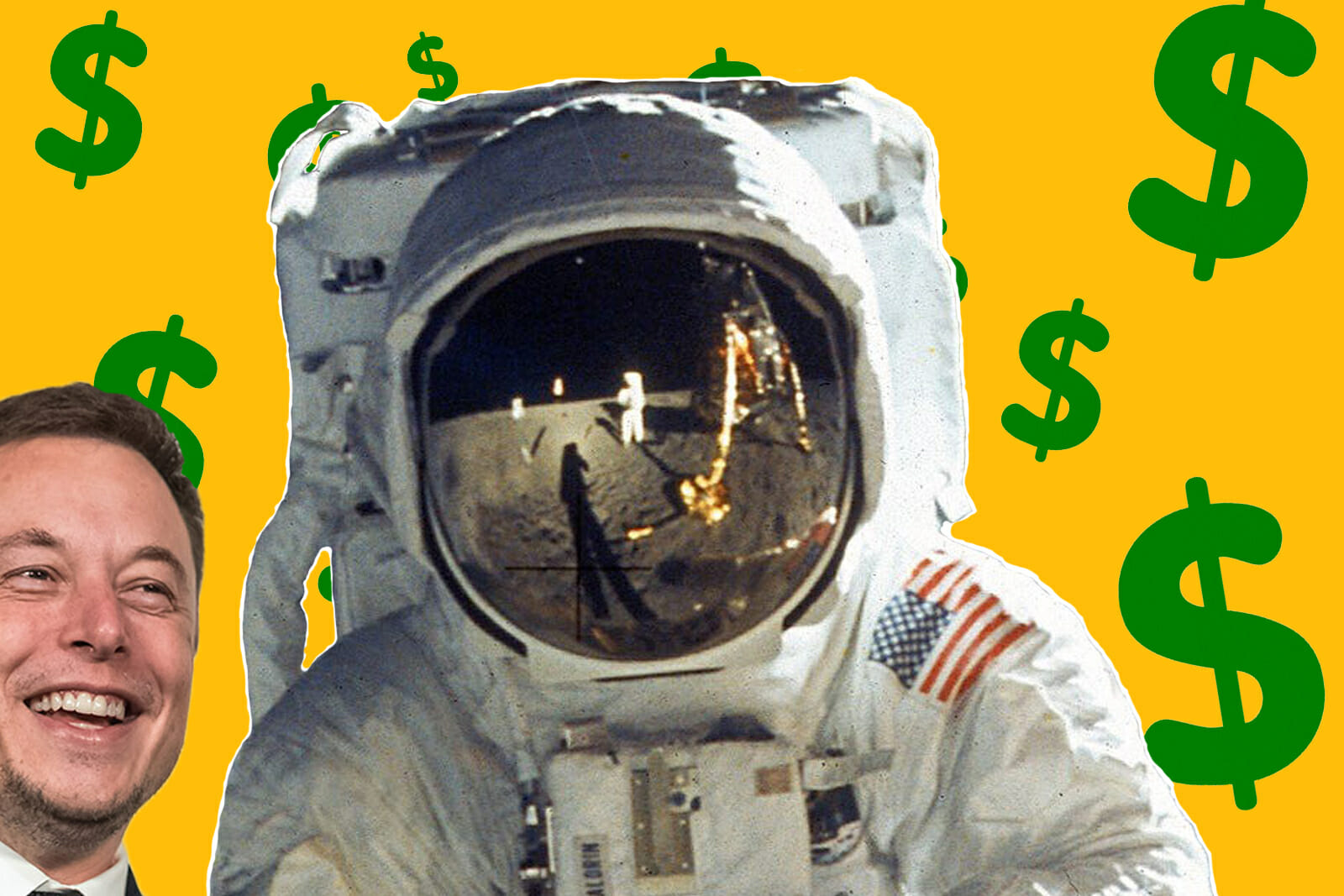
Tech
To the Commercial Heavens We Go! SpaceX, NASA and Space Privatisation
It would be too simple to regard the latest space venture, funded by Elon Musk, as entirely a matter of vast ego and deeply-pocked adventurism. But it would be close. The successful delivery of astronauts Douglas Hurley and Robert Behnken of NASA as part of the joint mission with SpaceX to the International Space Station by the Dragon capsule proved intoxicating for followers and devotees. Behnken was himself keen on the idea of traveling into the heavens away from a messy, trouble-torn planet. “This is still something that we are going to be successful at, and we’re going to do it in the face of the pandemic.” Good of him to think so.
The theme of inspiration in the face of terrestrial disaster is a mammoth one, even if that inspiration tends to avoid earthbound maladies. “If SpaceX can pull it off,” wrote an enthralled Miriam Kramer for Axios, “its first crewed flight…will mark a beacon of hope in an otherwise dark time for the world.”
The element of chest-thumping was always going to be hard to avoid. Since 2011, NASA has been relying, with occasional reluctance, on Russia’s Soyuz rockets to get to the International Space Station. The Space Shuttle programme had become extortionately expensive, ballooning to $1.5 billion a flight. The razor gangs took issue. The private sector, in other words, has been used to extract US astronauts from the Russian teat. Those at NASA were thrilled in the announcement. “This is the first time in human history [NASA astronauts] have entered the Space Station from a commercially made spacecraft.”
Kramer is unsparing in her praise for the effort. It is all patriotism and, as with all things patriotic, silly in its competitiveness. Despite any intimations of a broader human purpose (from universe to universal), this was done for US interests. “The space program has provided this kind of hope during dark times before.” A few unfortunate reminders are furnished, including the reading of the book of Genesis by those in the orbiting Apollo 8 capsule on Christmas Eve 1968 “as millions of people watched back on Earth.”
As this was done, the US was also fracturing, bloodied by political assassination (Martin Luther King, Jr. and Robert Kennedy), anti-war protest, and racial unrest. No resolution seemed in sight, at least in the country, so a distracting focus was found. One of the Apollo 8 crew, Frank Borman, remembered a telegram he and his colleagues received on landing, a true pearler amongst the millions. “Congratulations to the crew of Apollo 8. You saved 1968.”
This was merely a soppy aside. During the 1960s, the sceptics gathered and lectured humanity for finding escape from more terrestrial ills which demanded their attention. Humans were making a mess of things and looking to the skies. English historian Arnold J. Toynbee had little time for such matters. “In a sense, going to the moon is like building pyramids or Louis XIV’s palace at Versailles. It’s rather scandalous, when human beings are going short of necessities, to do this. If we’re clever enough to reach the moon, don’t we feel rather foolish in our mismanagement of human affairs?”
The sentiment has not changed much, depending on where you are looking for it. The rot is very much there, and the eyes are looking elsewhere. Renewable energy advocate Giles Parkinson sees it all as silly extra-terrestrial expenditure, ignoring the obvious problems facing Planet Earth. “Money that’s thrown at things like space travel, and exploration for oil and gas – that’s money that could also be spent on addressing the climate change issue.”
Musk stands for a different attitude. Renewables and space are merely ends to be exploited. He intends cluttering space with 11,943 satellites by 2025, with the hope of putting a total of 42,000. Like any egomaniac, he must make this all sound purposeful, wrapping it in the rhetoric of the “multiplanetary” society that intends to give every human on Plant Earth speedy Internet access.
Such projects as Musk’s are bound to, and have already interested, the military-industrial complex. Whatever gloss of achievement given, space is very much like the Americas for Christopher Columbus, to be acquired, consumed, and plundered. Commercialism, industry, and the armed forces are all converging into a soufflé of interests that will carve the heavens for military commanders, egomaniacs, and space buccaneers. Very notably, SpaceX is drawing in its defence contracts.
It continues to woo and impress the talking heads with more guns than butter. In 2016, the launch and retrieval by Musk’s company of its Falcon 9 first-stage booster once it had done its job, namely placing a satellite into orbit, induced perorations of praise. “Until now,” as Jeffrey Becker wrote at the time, “getting into orbit meant throwing away most of the rocket on the way up in order to place a minute fraction of the total vehicle mass into space, an approach to spaceflight akin to throwing away a 747 after crossing the Atlantic.”
From a human perspective, the latest SpaceX venture may not have been as enthralling as others. There was little in the way of romance, and much in the way of brattish bravado from Musk. But make no mistake about it. The commercial world is stretching its corporate tentacles into space, and wishes to go a very long way.

